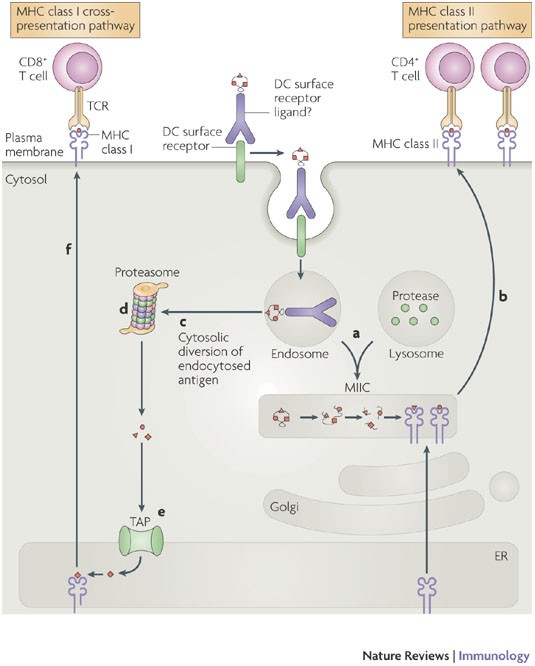
- Select a language for the TTS:
- UK English Female
- UK English Male
- US English Female
- US English Male
- Australian Female
- Australian Male
- Language selected: (auto detect) - EN
Play all audios:
ONLINE FRAUDSTERS APPLY MORE SOPHISTICATED TECHNIQUES AND EXPLOIT THE GROWTH OF DIGITAL PLATFORMS TO DUPE VICTIMS. 14:22, 04 Jun 2025Updated 14:26, 04 Jun 2025 Scots have lost nearly £1m to
cyber criminals in the last 12 months as experts warn of an emerging "scamdemic". Figures from Advice Direct Scotland said scams have surged tenfold from only 94 in 2021/22 to
1,119 this year - an astonishing rise of 1,090 per cent. The national consumer advice service says the scale of the problem is likely worse than indicated as the figures don't account
for unreported cases or those directly reported to police. The charity is now urging the public to remain vigilant as online fraudsters grow in sophistication and exploit digital platforms
at an unprecedented scale. Advice Direct Scotland says crooks have been using social media to target individuals, with scams soaring by 847 per cent in the last year - underscoring the
vulnerability of users on platforms like Facebook, Instagram and TikTok. Email-based scams also rose sharply, climbing from 24 to 88 over the same period, while SMS scams plummeted by 75 per
cent – down from 102 in 2021/22 to just 25 this year, as criminals switch tactics. Phone scams, meanwhile, remained steady, with 200 reported in 2021/22 and 202 this year. Article continues
below The financial impact of such cons reported to Advice Direct Scotland reached £861,384 over the past 12 months, with £338,758 lost in the past six months alone. Cases included romance
scams, cryptocurrency fraud, fake deals sent through phishing emails, and false adverts on social media that pressured victims into handing over money, bank details or personal information.
It comes after the Record reported on the devastating case of a grandad losing £250,000 to ruthless crooks posing as staff at the Royal Bank of Scotland. Raymond Lumsden, 71, put aside the
cash for his family's inheritance but was left penniless after the cruel con in January. The retired businessman, from Edinburgh, fell victim to the scam by approving the transfer of
cash to the criminals’ account after he responded to a Facebook advert claiming to offer high returns on savings. Hazel Knowles, senior project lead at Advice Direct Scotland, said:
“Unfortunately, we know that Scots have lost more than £860,000 to online scams in the past year, but this is just the tip of the iceberg. “This is a hugely underreported issue. Many victims
are too embarrassed to speak out or do not even realise they have been targeted until it is too late. “Our latest figures show a clear shift in tactics. Cybercriminals are moving away from
basic text scams and using more sophisticated methods across email, social media and interactive platforms that mimic legitimate services with worrying accuracy. “While SMS scams are in
sharp decline, phone scams remain surprisingly resilient. It shows that some old threats persist even as technology evolves. “It is important to remember there is no shame in being scammed,
and anyone who is worried or needs help can contact our specialist advisers for free, impartial and practical advice. “We are here to help people stay one step ahead of scammers and protect
the digital spaces we all rely on.” JOIN THE DAILY RECORD WHATSAPP COMMUNITY! Get the latest news sent straight to your messages by joining our WhatsApp community today. You'll receive
daily updates on breaking news as well as the top headlines across Scotland. No one will be able to see who is signed up and no one can send messages except the Daily Record team. All you
have to do is CLICK HERE IF YOU'RE ON MOBILE, select 'Join Community' and you're in! If you're on a desktop, simply scan the QR code above with your phone and click
'Join Community'. We also treat our community members to special offers, promotions, and adverts from us and our partners. If you don’t like our community, you can check out any
time you like. To leave our community click on the name at the top of your screen and choose 'exit group'. If you’re curious, you can read our Privacy Notice. The charity has urged
consumers to be wary of unexpected contacts, high-pressure tactics and promises of unrealistically good returns. A professional-looking website or social media post does not guarantee
something is legitimate. It warned that previously, one of the main signs of a digital scam was poor spelling or grammar. But now, criminals can use artificial intelligence tools to generate
more convincing messages and even create fake celebrity endorsements that appear authentic. Article continues below Free, impartial advice is available via consumeradvice.scot by calling
0808 164 6000 or using web chat and email at www.consumeradvice.scot. Suspected scams can also be reported through the ScamWatch Quick Reporting Tool at www.scamwatch.scot.





